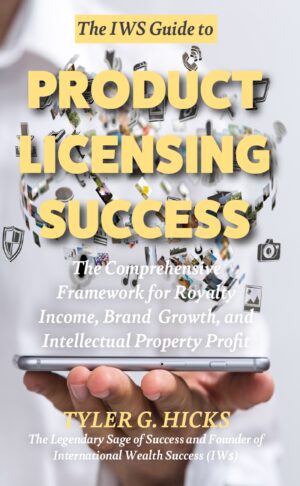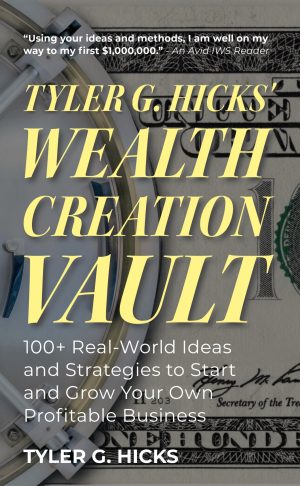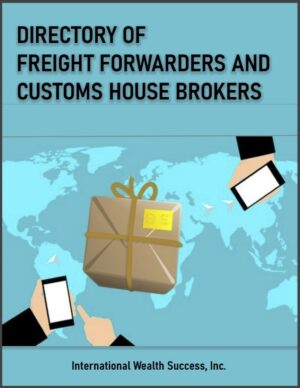Description
The IWS Guide to How to Make a Big Fortune as a Licensing Agent will show you how to earn big fees bringing together one company wanting to license its industrial or entertainment products and another seeking to use these products. This invaluable tome is replete with examples of typical products licensed, agreements covering the licenses, plus where to find suitable items to license, and much more.
What is Licensing?
While there are various ways of looking at the practice of licensing, the following definitions captures the meaning well:
Licensing is a business arrangement in which one company gives another company permission to manufacture its product for a specified payment. A licensing agent might process applications, collect royalties, evaluate quality of products, formalize license agreements and ensure proper use of trademarks. Things that can be licensed include properties such as: art, characters (entertainment, TV, movie), fashion, music, non-profit entities (museums, charities), sports (leagues, teams, individuals, trademarks, brands, publications and more.
A license is a patent or other right that a licensor gives to a licensee to use and sell products falling under the scope of the patent, copyright or other exclusive rights. The patent holder or holder of other exclusive rights to the product conveys those rights to the licensee and is called the licensor. The company receiving the rights is the licensee. The agreement between the two parties is called a license.
Out-licensing is the practice of licensing a product to a company that is unrelated to the licensor and for uses which are unrelated to the product’s original uses.
What is a LICENSING AGENT?
A LICENSING AGENT arranges for the manufacture, construction, distribution, printing, or other form of uses of products, materials, or other items that a company holds exclusive rights to. For example, a company might own or hold title to an exclusive patent, copyright, trademark or other form of protection for the product, process, invention, artwork, etc. Typical products that might be licensed include:
- a famous character; for example: “Mickey the Mouse”
- a product make and model; for example: “Cadillac Escalade”
- a cola drink; for example: “Pepsi”
- the name of a magazine; for example: “Wired Magazine”
- the name of a company and the books, movies and TV shows it publishes; for example: “Time Warner”
- the name and process used to make a particular product; for example: the invention of a new kind of microwave oven
For simplicity, in this book we’ll generally use the terms “product” or “products” to refer to items that can be licensed.
The licensing agent works between the company holding the rights to the item, and the person or company wishing to license the item for their use. The licensing agent’s job is to bring together the company that owns the product with an individual or business that wants a license to sell, use or distribute the product. The business or person that wants to acquire the license is separate from the business that holds the exclusive rights.














Reviews
There are no reviews yet.